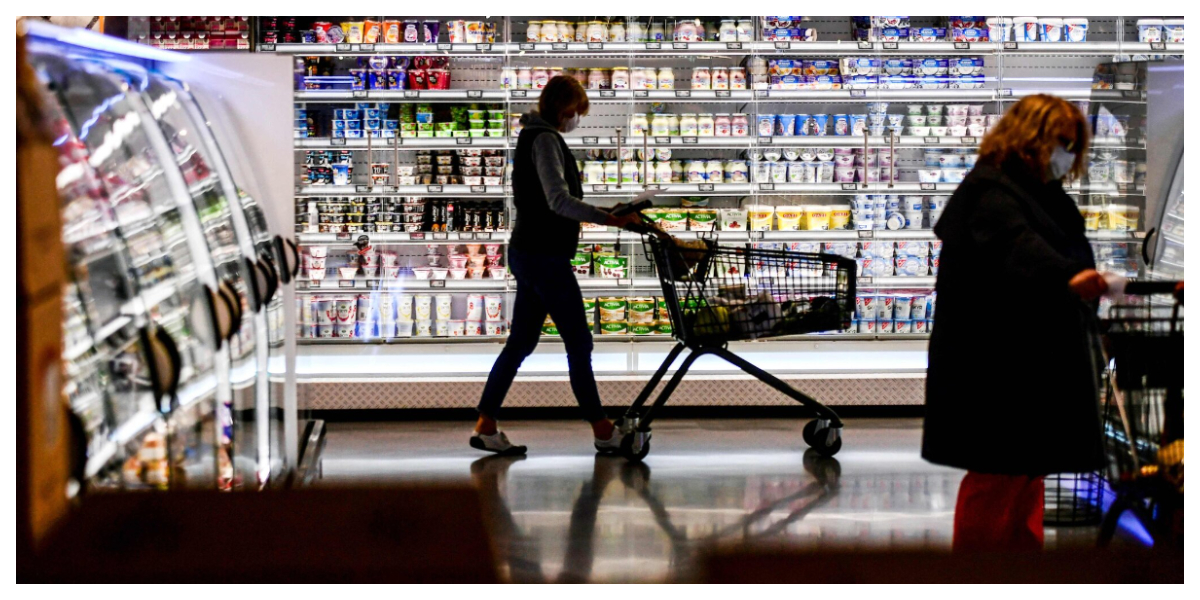Inflation in Germany, Spain climbs again in May

Inflation in Germany, Spain climbs again in May
Germany and Spain on Monday reported some other bounce in inflation in May because the struggle in Ukraine persevered to push up meals and electricity prices, the heaping strain on the European Central Bank to speed up interest price rises.
In Europe’s pinnacle economy Germany, the yearly inflation charge quickened to 7.9 percent to attain the best degree in view that reunification in 1990, according to initial information from the federal statistics corporation Destatis.
The last time inflation accelerated at a comparable pace was in West Germany in January 1952.
Spain’s inflation rate hit 8.7 percent year-on-year in May, after slightly cooling to 8.3 percent in April, according to the INE National Statistics Institute.
As in other countries, the increase was driven by soaring costs for energy and commodities despite efforts from the Spanish government to ease the burden on households.
In Germany, Destatis said energy prices rose more than 38 percent in May, while food prices were up 11 percent.
“Energy prices, in particular, have increased considerably since the war started in Ukraine and have had a considerable impact on the high inflation rate,” Destatis said.
“Another factor with an upward effect on prices is interruptions in supply chains caused by the Covid-19 pandemic,” it added.
Analysts surveyed by FactSet had expected a lower inflation rate of 7.7 percent for Germany.
Monday’s figures suggest the 19-nation currency club has yet to reach peak inflation, with many European nations highly reliant on Russian gas and oil imports. Heavy Western sanctions against Russia have also added further upheaval to already strained global supply chains.
The latest eurozone inflation data will be released on Tuesday.
In April, eurozone inflation soared to an all-time high of 7.5 percent — well beyond the European Central Bank’s two-percent goal.
The ECB has signaled it plans to hike interest quotes in July for the first time in over a decade in a bid to tame inflation, following similar recent moves by using other main principal banks.
ECB chief Christine Lagarde has said that the financial institution goals to give up terrible hobby rates via September.
The ECB presently has a financial institution deposit price of minus 0.5 percent, meaning creditors pay to park their excess cash on the valuable financial institution.
“The ECB has clearly passed the stage of discussing whether and even when policy rates should be increased,” said ING bank economist Carsten Brzeski.
“The only discussion seems to be on whether the ECB should start with a 25 basis point rate hike in July or 50 basis points.”
Read More News On
Catch all the Business News, Breaking News Event and Latest News Updates on The BOL News
Download The BOL News App to get the Daily News Update & Live News.